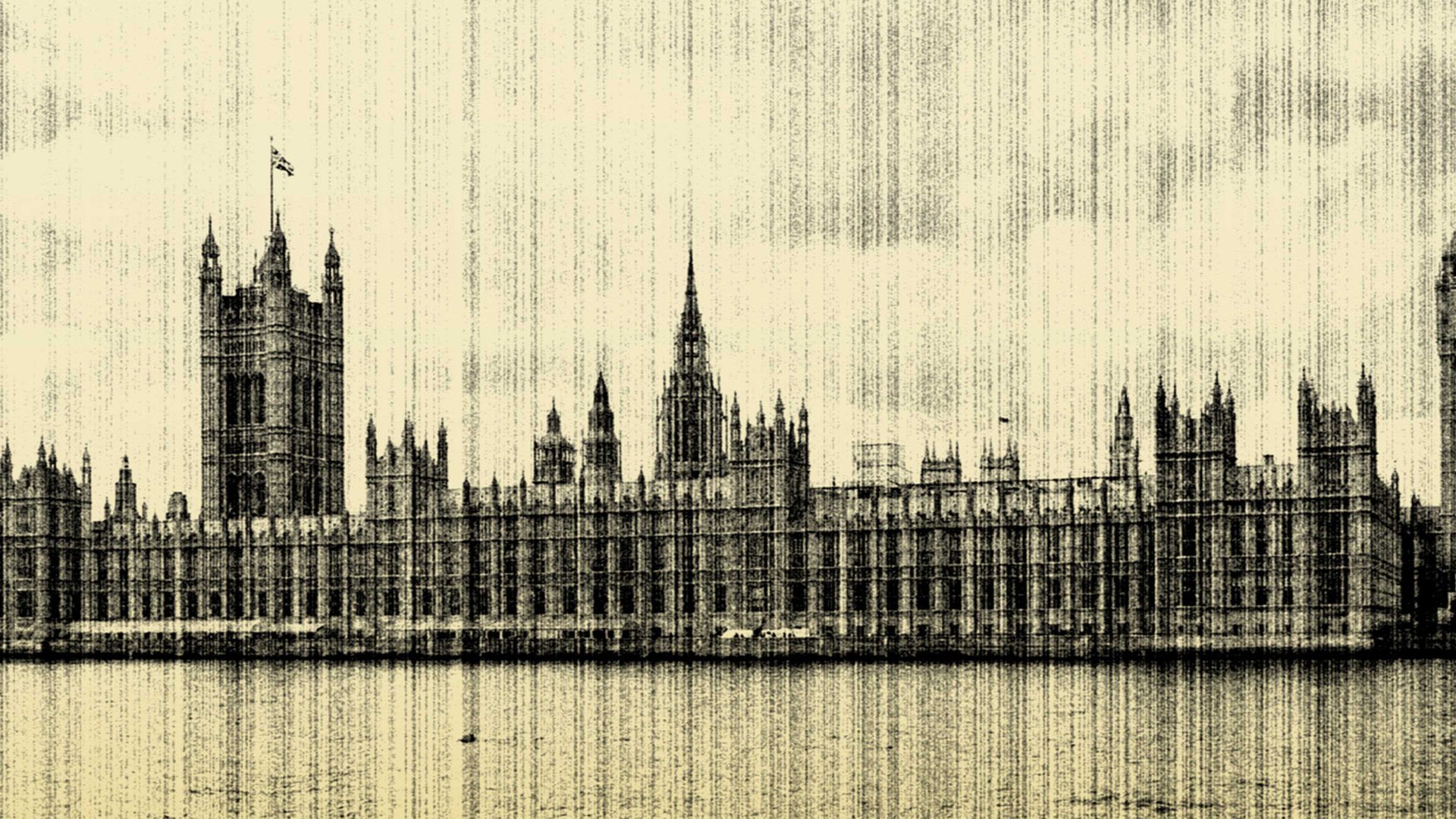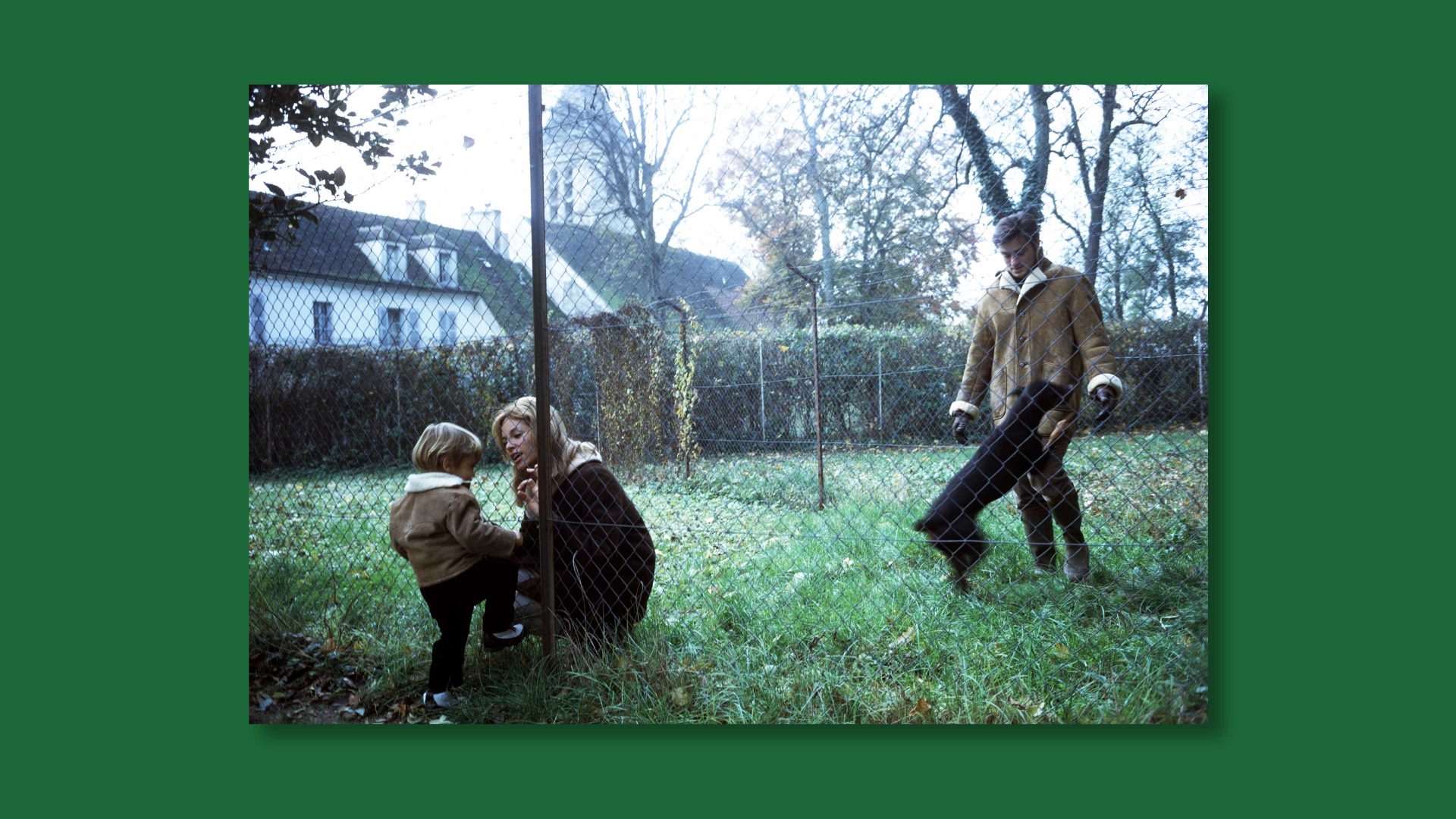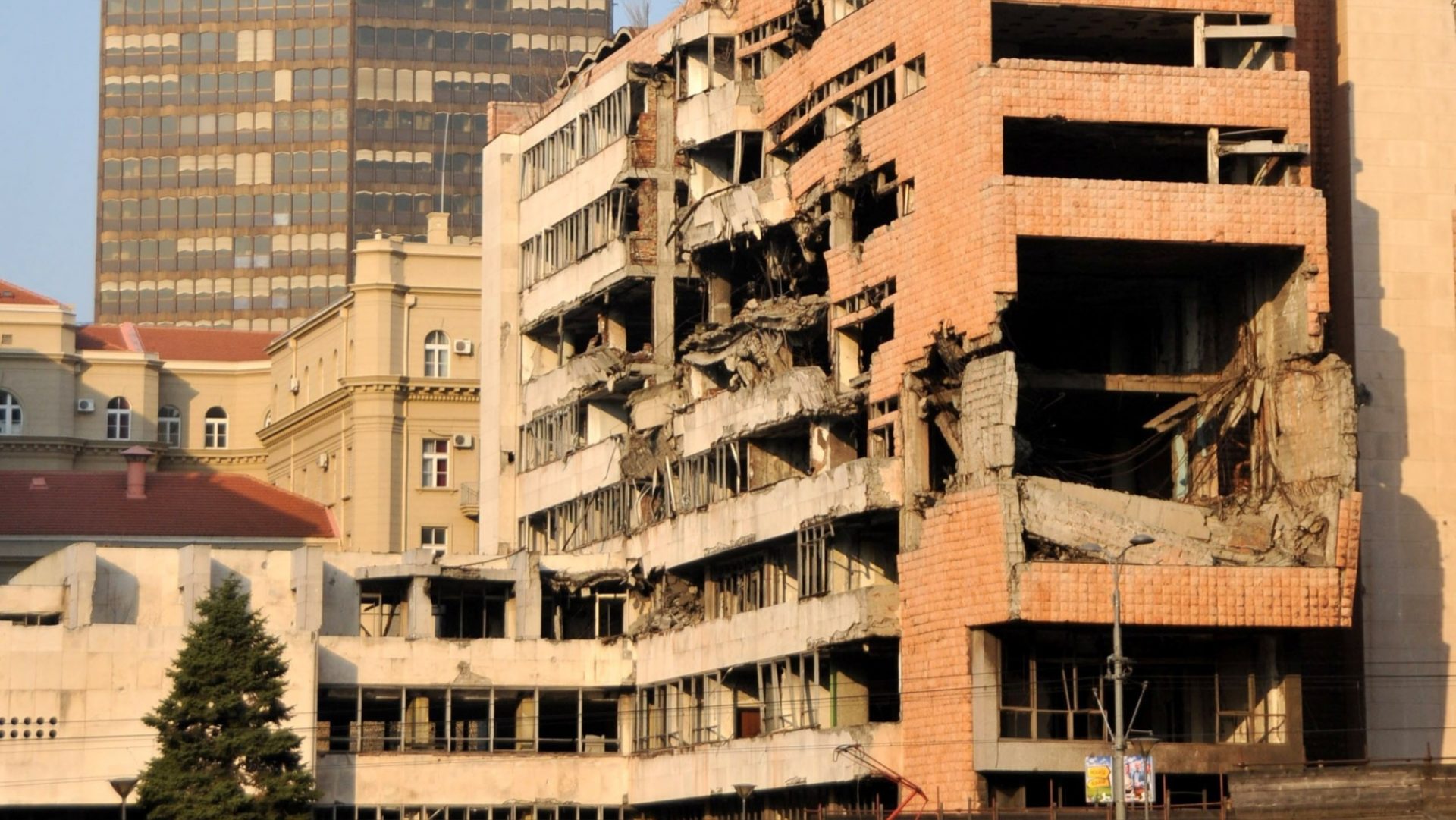If you want to try to understand the way parliament works internally, it can be useful to compare it with a child’s bedroom. A child’s bedroom is, by default, messy, because most children are messy. You can tell them to clean
their room often and you can teach them how to clean properly, but it doesn’t hugely matter.
There may be stretches during which your child’s bedroom will be tidy and lovely but, at the heart of it, its natural state is to be a terrible mess. Deep down, you know this to be true. LeAnn Rimes argued that you can’t fight the moonlight, and I would add that, no matter how hard you try, you just won’t be able to win against entropy.
Still, some people do try to change Westminster, once in a while. They argue that there should be better structures in place to prevent bullying, and to prevent bullies from being elected in the first place. They try to tackle the drinking culture in the Palace of Westminster and around it. They look at the antiquated, often stupid rules governing parliamentary life and do their best to modernise the place.
Most of the time, it doesn’t really work. Pandemic-era changes to voting were a good example. There are MPs who are pregnant or ill; have a family emergency or need to be in their constituency at short notice, for whatever reason. For a little while, they could vote electronically, and far away from the chamber. It saved them time, and felt like a system that could encourage more diverse candidates to step forward. Not everyone wants to still be tethered to the chamber late into the evening.
In the end, everything went back to normal the moment the lockdowns ended. Once again, MPs had to file into the voting lobbies, often many times a day. It wasn’t even properly debated; there are some reasons why voting in person does have its advantages, but no one even bothered to really make that case.
A child’s bedroom will always be messy again, and parliament will always return to its old ways – or will it?
MPs are, at time of writing, about to return to SW1. Many of them – hundreds! – were elected for the first time back in July. Some of the new
intake had spent a lot of time in Westminster before becoming parliamentarians, but many of them had not. What this means in practice is that we will soon be presented with a short window of opportunity.
Parliament is particularly prone to entropy because so little of what happens there is written down and codified. We do things a certain way because it’s how we’ve always done them – end of story.
It is both a good and a bad thing; bad, because of the reasons outlined above, but good because it means that a change of personnel can usher in a whole new era.
Many of Westminster’s big beasts and dinosaurs stepped down or lost their seats at the last election. They are no longer around to tut and roll their eyes and tell the young ’uns how to behave. It’s an exciting shift, as it means that this new generation gets to decide what they want from their parliamentary life.
Some changes have already been noticeable. Back in July, I went to the Strangers’ Terrace – the riverside section of one of the Commons’ bars – a few times, and didn’t find it anywhere near as raucous as it could or should have been immediately after an election. It is too early to tell whether it will hold, but it felt like a good sign.
After all, these aren’t exactly fun times for Britain. So much needs to be fixed and, as Starmer himself said during the campaign, the country deserves to get its future back. It is a daunting task, and one that should be undertaken with a clear head.




